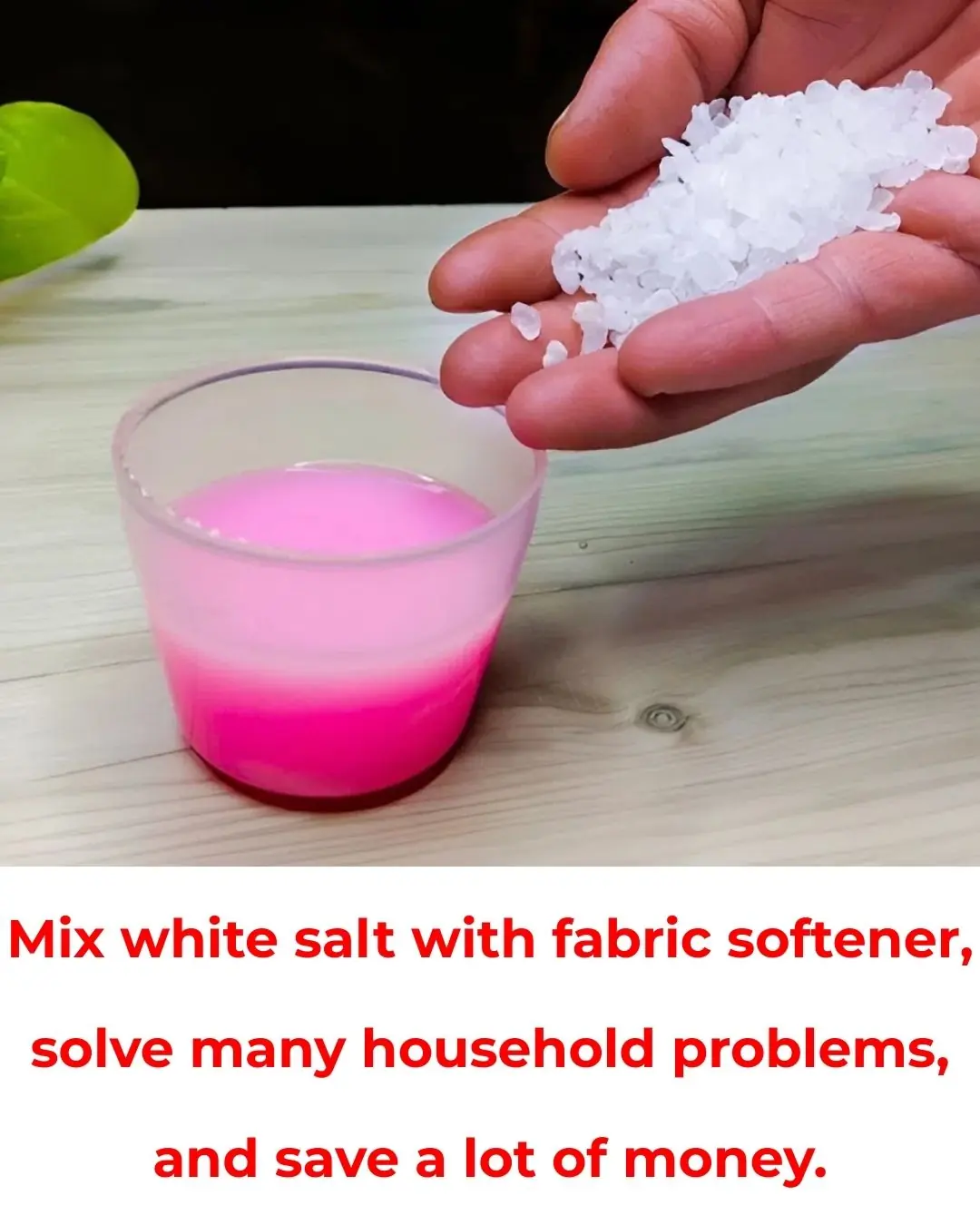
When a Washing Machine Shows 7kg, 8kg, or 10kg, Is That the Weight of Dry or Wet Clothes? The Real Meaning Behind These Numbers Is Something That Few People Know
If you’ve ever shopped for a washing machine, you’ve probably noticed the labels indicating its capacity, such as 7kg, 8kg, or even 10kg. At first glance, these numbers might seem straightforward: they represent how much laundry the machine can handle in one wash. But the reality is a little more nuanced than simply loading the machine with that amount of clothes. In fact, there’s a common misconception about these numbers that many people are unaware of. So, what do these weight labels really mean, and how can understanding them help you get the most out of your washing machine?
In this article, we’ll delve into the truth behind the weight labels on washing machines, explain how they relate to your laundry, and offer tips on how to maximize your machine's efficiency based on its true capacity.
Understanding Washing Machine Capacity: Dry or Wet Clothes?
The most crucial aspect to understand when looking at the weight capacity of a washing machine is whether the number refers to dry or wet clothes. Surprisingly, many people assume that the listed capacity (e.g., 7kg, 8kg, 10kg) refers to the weight of wet clothes, but that's not the case. The number on the washing machine label represents the weight of dry clothes.
Why Does This Matter?
-
Dry Weight: The weight listed on the washing machine refers to the dry weight of the clothes before you add water. This is important because clothes, especially heavy fabrics like towels or jeans, absorb water and become much heavier when wet. So, while your 7kg washing machine can handle 7kg of dry laundry, it can't accommodate 7kg of wet clothes.
-
Wet Weight: Wet clothes can weigh up to 1.5 times more than their dry counterparts, depending on how much water they absorb. This means that you might be able to fit 7kg of dry clothes in your machine, but once they’re wet, they can weigh up to 10.5kg. This can affect the machine’s performance, potentially leading to issues like unbalanced loads or inefficient washing.
The Impact of Overloading the Washing Machine
One of the most significant consequences of misunderstanding the weight capacity of your washing machine is overloading. When people mistakenly believe the weight capacity refers to wet clothes, they may overload the machine, causing several issues:
-
Inefficient Washing: Overloading the washing machine can prevent clothes from moving freely in the drum, which can result in poor washing performance. Clothes may not get cleaned properly, and detergents may not rinse out completely.
-
Damage to the Machine: Putting too much weight into the washing machine can strain the motor, drum, and other components. This can lead to wear and tear over time, reducing the lifespan of your appliance and potentially requiring costly repairs.
-
Imbalanced Loads: When a washing machine is overloaded, the weight distribution can become uneven. This can trigger the machine’s automatic imbalance detection system, causing the washer to stop mid-cycle, or it can result in excessive vibrations that can damage the machine or cause it to move around.
-
Worsened Spin Cycle: An overloaded machine will struggle to perform the spin cycle efficiently. The spin cycle helps remove excess water from clothes, and when the machine is too full, it may not be able to extract as much water, leaving your clothes wetter than usual.
How to Load Your Washing Machine Correctly
To get the most out of your washing machine, it’s important to load it correctly. Here are some tips to help you load your washing machine based on its true capacity:
-
Know the Dry Weight Limit: Remember that the capacity listed on your washing machine refers to dry clothes. For instance, if your machine has a 7kg capacity, only load it with 7kg of dry clothes. For a standard load of mixed clothing, this usually means filling the drum to about three-quarters full.
-
Avoid Packing the Drum Too Tightly: While it may be tempting to cram as much laundry as possible into the drum, it’s better to leave some space for the clothes to move around. This helps ensure that the washing machine can clean your clothes effectively and rinse out detergent properly.
-
Separate Heavy and Light Items: If you’re washing heavy items like towels or blankets, it’s a good idea to wash them separately from lighter fabrics like t-shirts or underwear. This ensures that the heavy items don’t throw the machine off balance during the spin cycle and helps prevent overloading.
-
Follow Manufacturer Guidelines: Always refer to your washing machine’s user manual for specific guidance on capacity and load recommendations. Some machines may have specific instructions for different types of loads, such as bedding or delicate items, to ensure optimal performance.
What About Washing Large Items?
Washing bulky items like comforters, blankets, or large towels may seem tricky, especially when the weight capacity is in question. Large items can quickly become heavy when wet, and overloading the machine can cause the issues mentioned earlier.
Here’s how to handle large items in a washing machine:
-
Consider the Drum Size: If you have a 7kg washing machine, it might not be able to handle a bulky comforter that weighs 7kg or more when wet. Consider washing these items in a larger-capacity machine (like an 8kg or 10kg machine) if available.
-
Use the Right Cycle: Some washing machines have specific cycles for washing bulky items. These cycles often feature longer wash times, higher water levels, and slower spin speeds to accommodate heavy fabrics and large loads.
-
Wash Items Separately: If possible, wash large items separately or with fewer clothes to avoid overloading the machine. This ensures that both the large item and smaller garments are cleaned properly.
The Importance of Using the Right Detergent Amount
When loading your washing machine, it’s also important to consider the amount of detergent you’re using. Overloading the machine can lead to excess detergent buildup, which can leave residue on your clothes and in the washing machine. Use the recommended amount of detergent for the load size to ensure optimal cleaning.
Conclusion
Understanding the true meaning behind your washing machine's weight capacity is essential for maintaining its performance and longevity. The numbers on the machine — whether it’s 7kg, 8kg, or 10kg — refer to the dry weight of the clothes, not the wet weight. By following the manufacturer’s guidelines and loading your machine correctly, you can ensure that it works efficiently, cleans your clothes properly, and lasts for many years without unnecessary wear and tear.
Now that you know the truth behind those numbers, you can make smarter decisions when doing laundry and avoid the common mistake of overloading your washing machine. Properly loading your machine is a simple way to enhance its performance, save energy, and keep your clothes looking their best.
News in the same category


Bubble Wrap Has 4 Uses 'As Valuable as Gold' — But Many People Don’t Know and Hastily Throw It Away

3 Ways to Prevent Snakes from Entering Your House: Protect Your Family

5 Household Devices That Consume More Electricity Than an Air Conditioner: Unplug Them to Avoid Skyrocketing Bills

How a Common Kitchen Powder Can Help Your Plants Thrive and Bloom

How to Effectively Clean Black Mold from Your Refrigerator Gasket in Just 5 Minutes

lacing these 3 things on top of the fridge will cause wealth to disappear, no matter how much you have.

Buying bananas: Wise people turn away when they see these 3 types, while foolish ones grab them just because they’re cheap

Don’t soak frozen meat in plain water. According to chefs, there’s a way to defrost it in just 5 minutes while keeping it delicious.

Water heaters have a hidden 'switch.' Any household that knows how to open it can use it for 10 years without worrying about damage or high electricity bills

Mix white salt with fabric softener, solve many household problems, and save a lot of money.

Apply this on a knife, and no matter how dull it is, it will become razor-sharp and shiny, without needing a whetstone.

Inside the washing machine, there’s a ‘small box’ with an incredibly powerful function: Not knowing how to use it is such a waste.

Why should you keep some money behind your phone case?
News Post

You Can Adopt Puppies That Were ‘Too Friendly’ to Become Police Dogs

A Nigerian Scientist Developed a High-Tech Cancer-Detecting Goggles That Help Surgeons Spot Cancer Cells More Accurately.

Final straw that led to billionaire CEO's desperate escape from Japan inside 3ft box

Mutant deer with horrifying tumor-like bubbles showing signs of widespread disease spotted in US states

'Frankenstein' creature that hasn't had s3x in 80,000,000 years in almost completely indestructible

Scientists discover ultra-massive 'blob' in space with a mass of 36,000,000,000 suns

Place a Bowl of Salt in the Fridge: A Small Trick, But So Effective — I Regret Not Knowing It for 30 Years

If Your White Walls Are Dirty, Don’t Clean Them with Water — Use This Trick for a Few Minutes, and Your Wall Will Be as Clean as New

Bubble Wrap Has 4 Uses 'As Valuable as Gold' — But Many People Don’t Know and Hastily Throw It Away

3 Ways to Prevent Snakes from Entering Your House: Protect Your Family

5 Household Devices That Consume More Electricity Than an Air Conditioner: Unplug Them to Avoid Skyrocketing Bills

How a Common Kitchen Powder Can Help Your Plants Thrive and Bloom

How to Effectively Clean Black Mold from Your Refrigerator Gasket in Just 5 Minutes

10 Early Warning Signs Your Blood Sugar Is Way Too High

If Your Legs Cramp at Night You Need to Know This Immediately

Warning Signs Your Body Is Full of Parasites and How to Effectively Eliminate Them Naturally

Warning Signs of a Parasite Infection And How to Eliminate It for Good

What Raw Garlic Can Do for Your Health Is Truly Unbelievable
